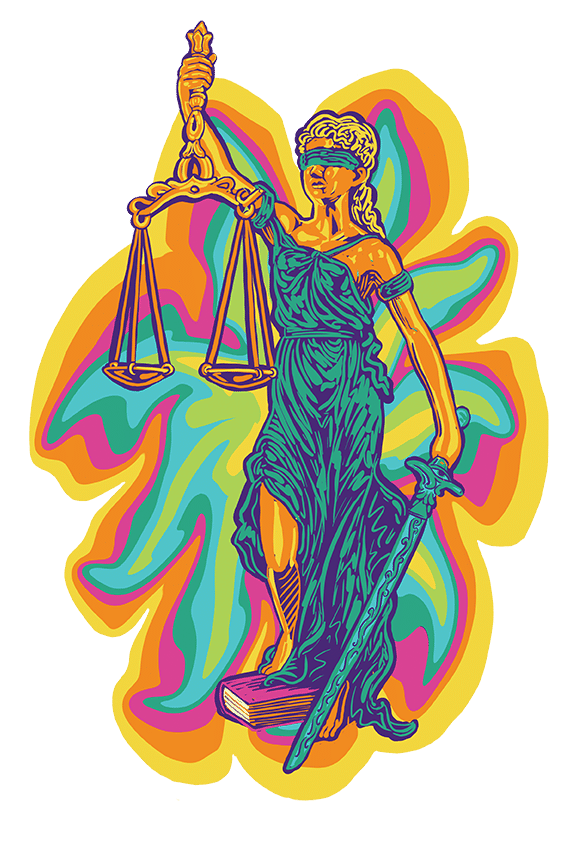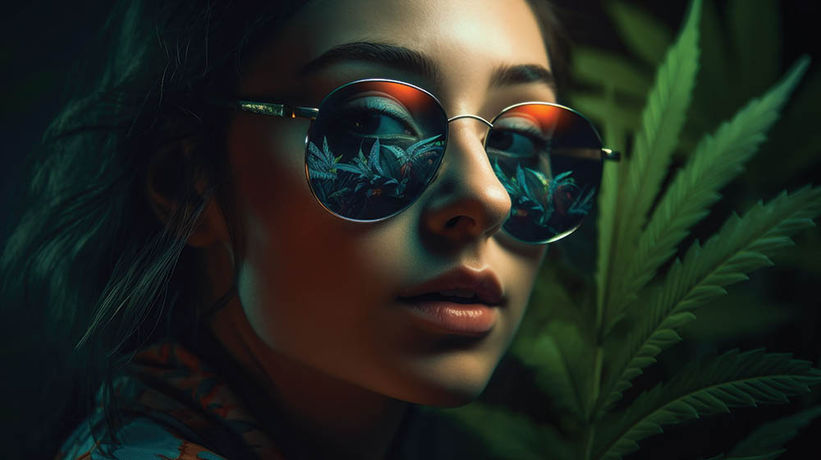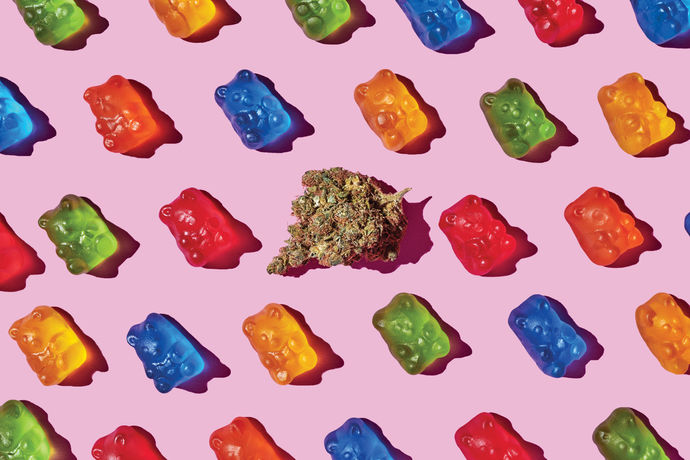Like mycelium branching out beneath the damp forest floor, the movement to legalize entheogens and psychedelic compounds continues to propagate across the country.
Sparked, no doubt, by the fact that Cannabis ended up being a zero-downside game for the public health and for the states’ tax revenue streams in legalized markets, the concept of plant and mushroom based recreation and therapy continues to lose its stigma.
The movement has thrived beneath the surface for decades. Spiritual seekers and merry pranksters have fought this fight ever since the U.S. Government sought to criminalize and weaponize psychedelics in the 20th century.
In recent years, those underground tendrils started popping up above the surface, bearing fruit and spreading spores on the winds. In 2019, Oakland, Calif. and Denver, Colo. became the first cities in the country to decriminalize psilocybin-producing mushrooms, scoring a huge victory for myco-nauts and practitioners of entheogenic therapy.
Then, in 2020, Washington, D.C. – the heartbeat of the country – voted to decriminalize psychedelic mushrooms, meaning a person could arguably trip out while wandering around the Washington Monument without worrying about being arrested. On the other side of the country, Oregon decriminalized all drugs, and – even more importantly for entheogenic therapy – voted to legalize psilocybin for use in a therapeutic setting.
That’s the big word here: LEGALIZE. In decriminalized areas, psychedelics remain illegal but law enforcement is directed to not pursue arrests or convictions. Legalization means that not only will you not be arrested for psychedelics, but you can’t even get a “no tripping” ticket. That wedge in the door means the legalization movements for psilocybin and other psychedelic compounds are ripe for huge gains in the coming years.
In the wake of those pioneering states and municipalities, other regions are starting to look at decriminalization as a first step toward building acceptance of entheogenic compounds. California State Senator Scott Wiener, D-San Francisco, told the SF Chronicle that he plans to introduce legislation in 2021 that will effectively decriminalize psychedelics throughout the state.
On the East Coast, lawmakers in New York are fighting to decriminalize psychedelics, as Assemblymemeber Linda Rosenthal introduced legislation in 2020 to remove psilocybin from Schedule I of New York’s list of controlled substances. On a hyper-local level, the City Council of Somerville, Mass. voted to decriminalize entheogenic plants and fungi in January of this year.
While the fight for legalized Cannabis continues to rage on, it’s becoming clear that psychedelics are the next thing. Larger and larger companies within and without the Cannabis industry are starting to move beyond the exploratory phase, and into the non-psychedelic mycological therapy space – no doubt in a move to set up standards, build out supply chains and begin to gauge consumer interest in mycological products.
A Bloomberg report in December 2020 showed that the psychedelic market has been gaining traction with the venture capital sector, attracting many of the same investment firms that seeded the Cannabis industry. And powerhouse Cannabis companies are starting to enter the mycology space, such as Cookies in California, which recently released its Caps by Cookies line – which blends terpenes and cannabinoids with non-psychedelic, organic mushrooms.
When looked at on the whole, all of these pieces add up to give us a view of where the entheogenic movement is going, and where it’s taking us. And that looks to be a bright, shimmery, trippily beautiful future.










